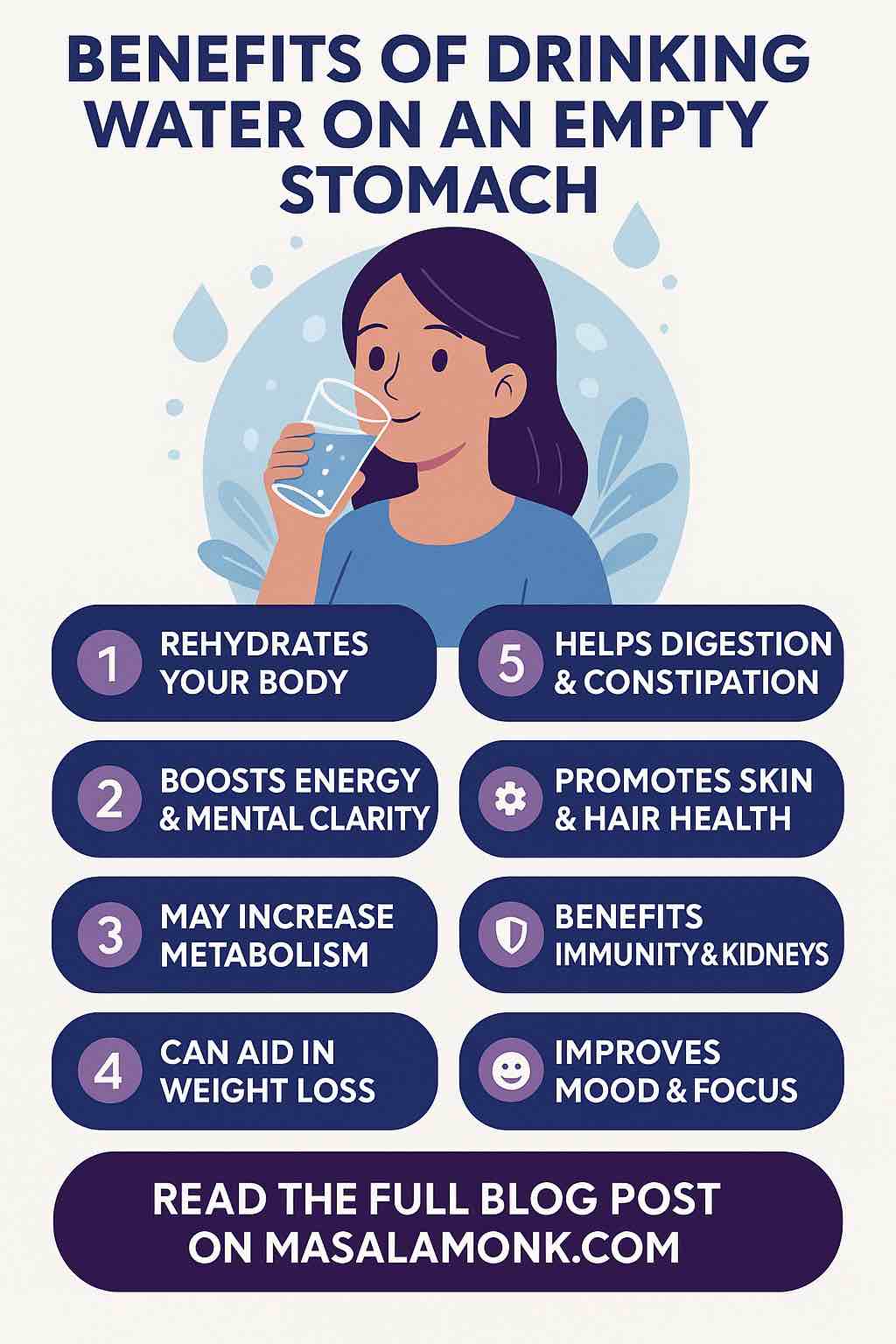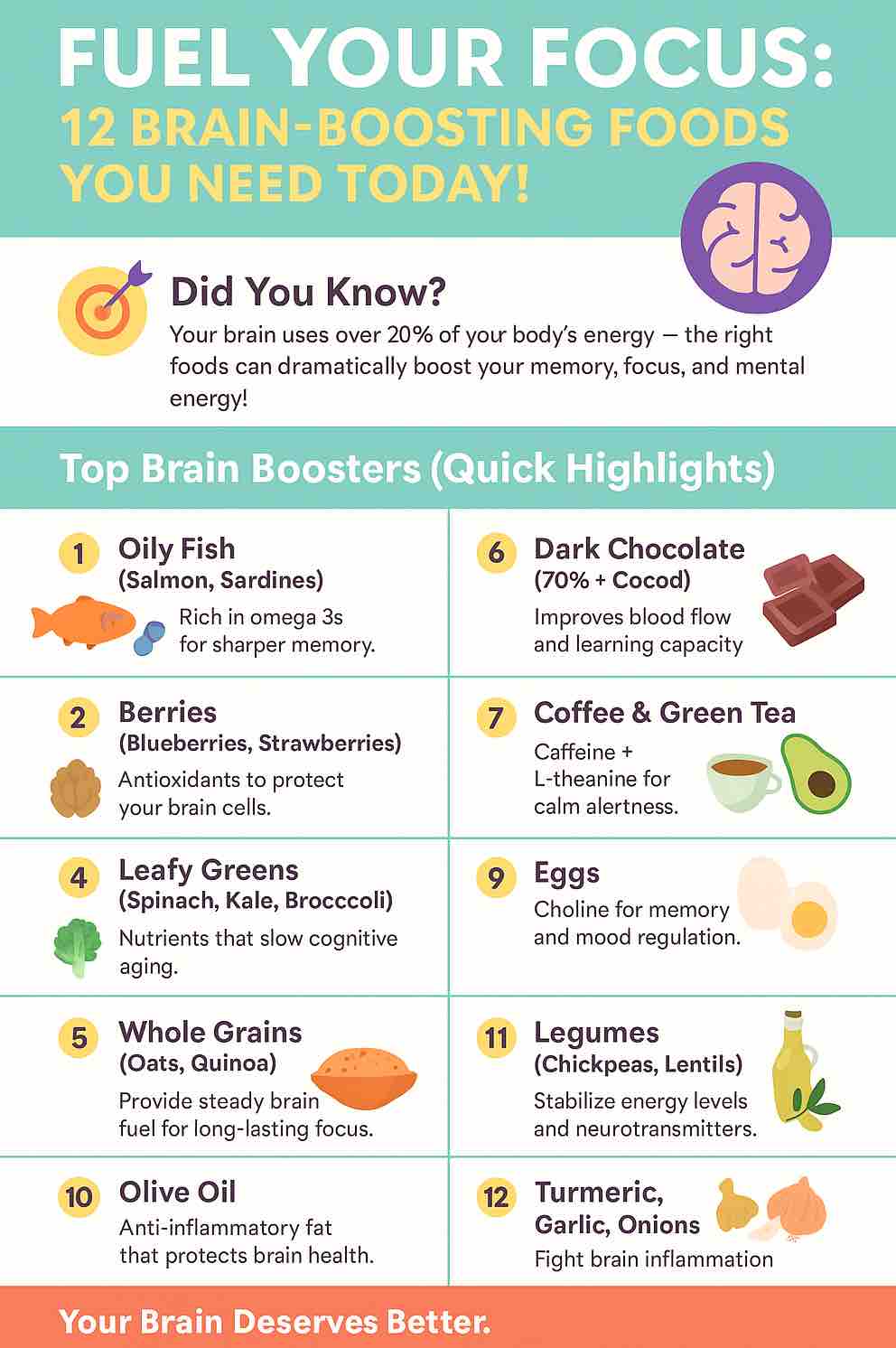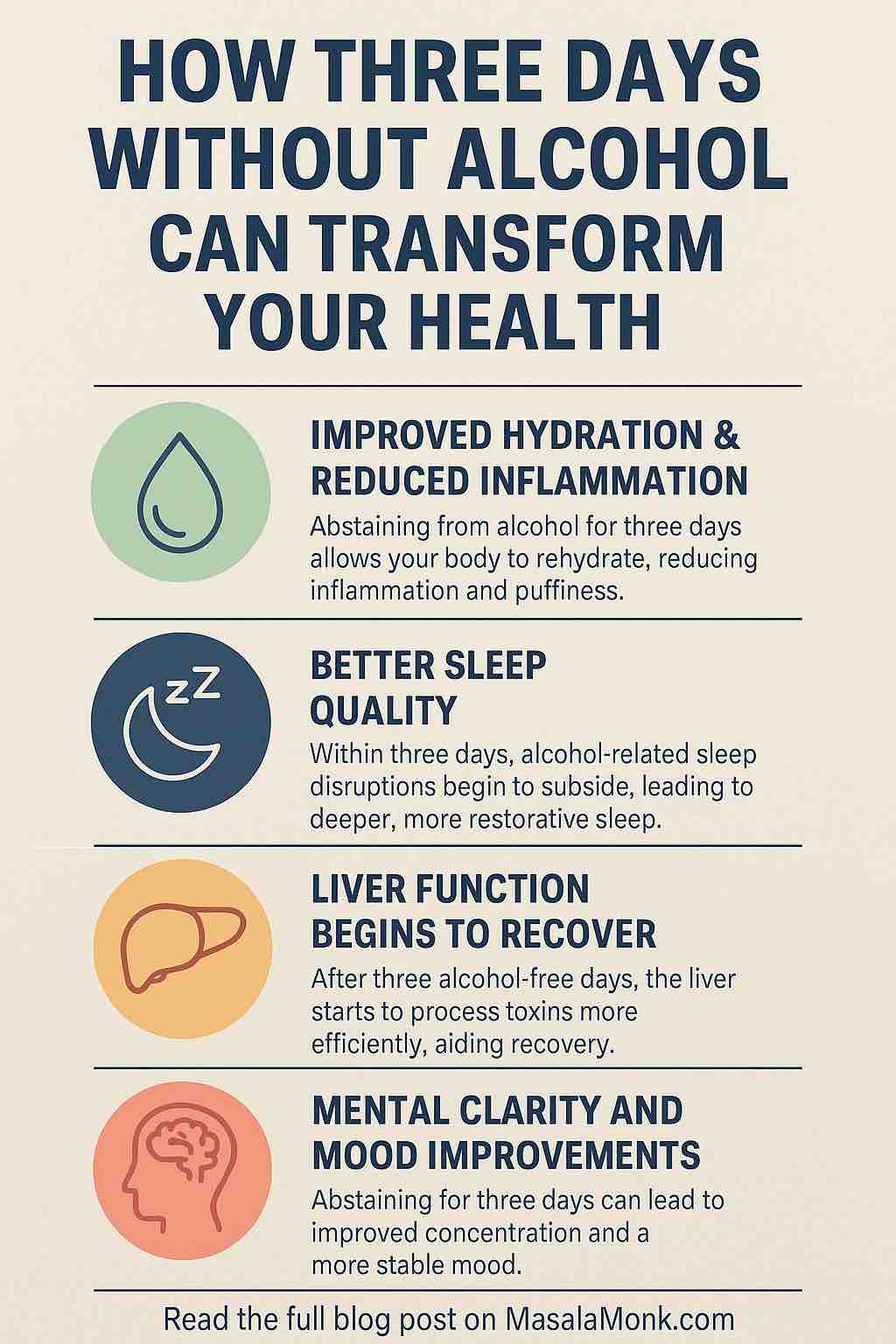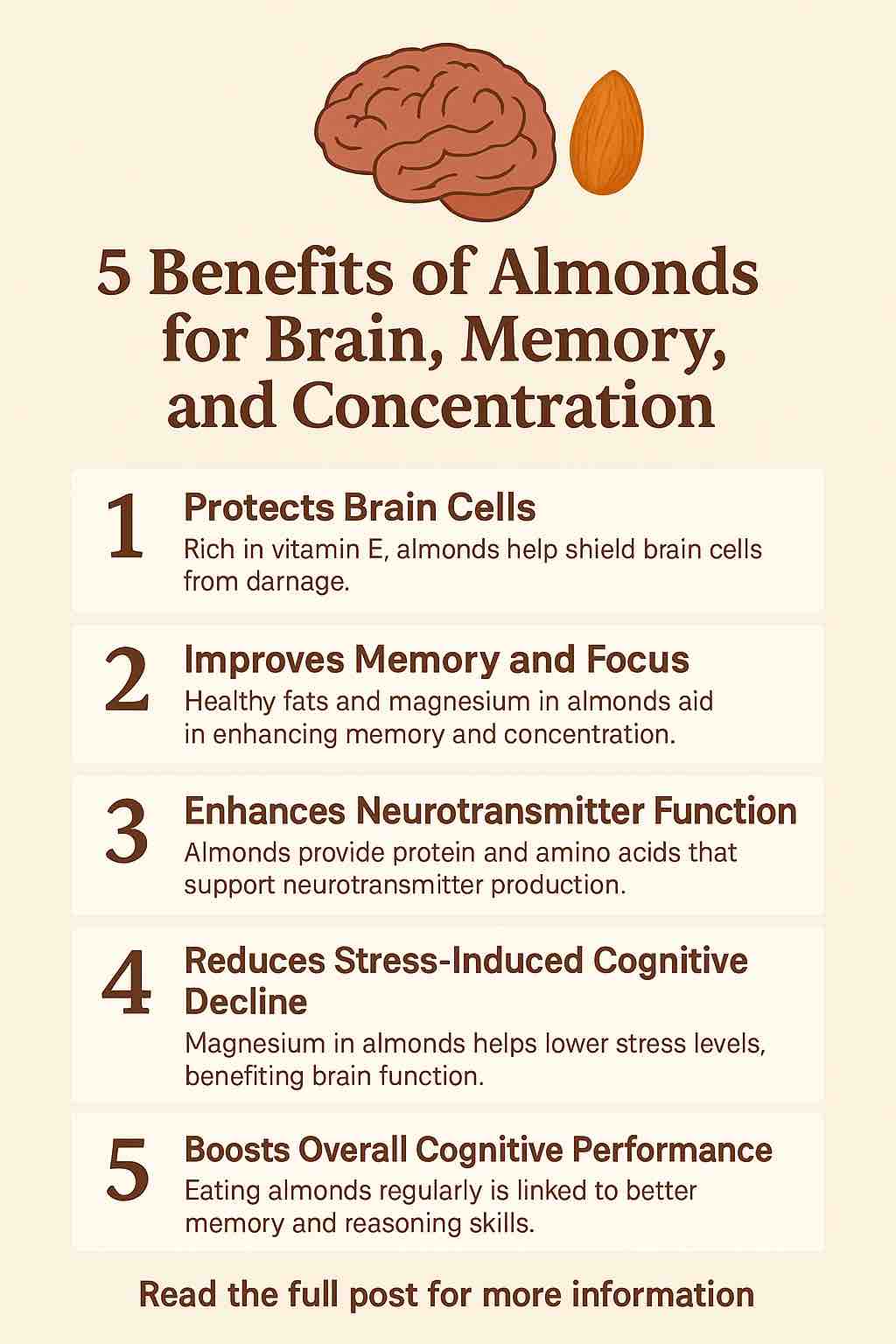
Are you looking for a simple yet transformative morning habit that can improve your energy, focus, digestion, and even support your weight management goals? You don’t need expensive supplements or elaborate routines—just reach for a glass of water! Here’s why science supports the ritual of drinking water on an empty stomach, what it actually does for your body, and how to make it a game-changing part of your day.
Why Is Water First Thing in the Morning So Powerful?
When you wake up, your body has just spent 6–8 hours in a state of gentle dehydration. Every system—from your brain to your digestive tract—runs better when well-hydrated. Drinking water right after you wake up acts as a “reset button,” rehydrating you and setting a healthy tone for the day.
Here’s what happens when you make this a habit:
1. Rapid Rehydration for Every Cell
After hours without fluids, your body craves hydration. A glass or two of water immediately after waking recharges your system, helping:
- Support nutrient transport and cellular repair
- Maintain blood pressure and healthy circulation
- Prevent headaches and fatigue due to dehydration
Pro Tip: Keep a water bottle or glass on your nightstand so it’s within easy reach.
2. Jumpstart Your Metabolism
Did you know that drinking water can fire up your metabolism? Several clinical studies show that drinking 400–500 ml (about 2 cups) of water on an empty stomach increases metabolic rate by 24–30% for nearly an hour. That means your body starts burning more calories—even before breakfast! The effect is especially noticeable if the water is cold, as your body uses energy to bring it up to temperature.
3. Natural Appetite Control and Weight Support
If you’re aiming for healthy weight management, water before breakfast is your friend. Research from Virginia Tech and Harvard shows that drinking water before meals can reduce calorie intake by about 13%, especially in adults over 40. Why? Water takes up space in your stomach, which makes you feel fuller and less likely to overeat.
Tip: If you find yourself reaching for snacks soon after waking, try a glass of water first and see if your cravings ease.
4. Kickstart Digestion and Regularity
Morning water acts like a gentle wake-up call for your digestive tract. It helps move things along, softening stool and promoting healthy bowel movements. If you struggle with constipation, try warm water, which can relax the digestive muscles and further ease things.
5. Support for Your Kidneys and Immune System
Proper hydration is crucial for kidney function. It helps your kidneys flush out toxins, dilute urine (reducing kidney stone risk), and support a healthy urinary tract. Starting your day with water gets this process going, making it easier to reach the recommended daily intake.
6. Improved Mood, Focus, and Mental Clarity
Mild dehydration—even as little as 1–2% fluid loss—has been shown to impair mood, memory, and concentration. Drinking water right after you wake up can help you feel more alert, focused, and ready to take on the day.
New Research: A 2025 Peking University study found a noticeable improvement in memory and mood in participants who drank 500 ml of water after overnight fasting.
7. Healthier Skin and Hair
While water isn’t a miracle cure, keeping hydrated can improve your skin’s appearance, texture, and elasticity. It also helps deliver essential nutrients to hair roots. The effects are gradual, but consistent hydration can lead to visible improvements over time.
How Much Water Should You Drink First Thing?
The most commonly recommended amount is 400–500 ml (roughly 1.5–2 cups) upon waking. Too much more can make you feel bloated or uncomfortable, especially if you’re not used to it. Listen to your body and build up gradually if needed.
Should You Drink Cold, Room-Temperature, or Warm Water?
- Cold water: May slightly boost metabolism (thermogenesis).
- Room temperature: Most comfortable and easiest to absorb for most people.
- Warm water: Best for digestion, constipation, and if you’re sensitive to cold drinks.
Choose what feels best for you—or alternate based on your needs!
What Science Says (and What’s Exaggerated)
- Detox: Your body detoxifies 24/7, but water is essential for your kidneys and liver to do this efficiently. Don’t fall for claims that water alone will “cleanse” your body.
- Weight loss: Drinking water is not a miracle fat-burner, but it can help regulate appetite, calorie intake, and metabolism.
- Digestive “reset”: There’s strong support for improved digestion and bowel regularity.
How to Make It a Lifelong Habit: Real-World Tips
- Put water on your nightstand: Make it the first thing you see in the morning.
- Set a gentle reminder on your phone or use a habit-tracking app.
- Pair water with another morning ritual (reading, stretching, or journaling).
- Flavor it naturally: Add a slice of lemon or cucumber if you need a flavor boost.
- Stick to it for 30 days: Habits take time to build—consistency is the key.
Frequently Asked Questions
1. Q: How much water should I drink right after waking up?
A: About 400–500 ml (1.5–2 cups) is a good starting point. Adjust based on comfort and health needs.
2. Q: Can I drink water if I’m taking morning medications?
A: Yes—plain water is ideal for swallowing medications. Always follow your doctor’s specific instructions about water and timing.
3. Q: Should the water be warm, cold, or room temperature?
A: Any temperature works. Cold water may slightly boost metabolism; warm water is soothing for digestion. Choose what feels best.
4. Q: Does drinking water on an empty stomach help with weight loss?
A: Water can curb appetite and may help reduce calorie intake at meals, supporting weight management—especially when combined with other healthy habits.
5. Q: What if I don’t feel thirsty in the morning?
A: It’s common. Start with a few sips and gradually increase. Your body will adapt over time.
6. Q: Can I add lemon or flavor to my morning water?
A: Yes! Adding lemon, cucumber, or mint can make it more enjoyable and add some vitamins, but plain water works just as well.
7. Q: Is it possible to drink too much water in the morning?
A: Overhydration is rare but possible. Stick to about 500 ml unless advised otherwise by your healthcare provider.
8. Q: Does coffee or tea count as hydration in the morning?
A: They help with hydration, but starting with plain water is best to avoid extra acidity and caffeine before food.
9. Q: Will this habit help with constipation?
A: Yes, drinking water—especially warm—on an empty stomach can help promote regular bowel movements and relieve mild constipation.
10. Q: Are there people who should avoid this practice?
A: If you have kidney, heart, or certain endocrine conditions requiring fluid restrictions, check with your doctor first.
The Bottom Line
Drinking water on an empty stomach each morning is a science-backed, practical habit that can boost your energy, metabolism, focus, digestion, and long-term health. While it’s not a miracle cure, it’s one of the simplest and most effective ways to care for your body from the moment you wake up.
Ready to transform your mornings? Start with water—it’s the ultimate life hack!
Do you have your own experience with this habit or questions about morning hydration? Share in the comments below!













